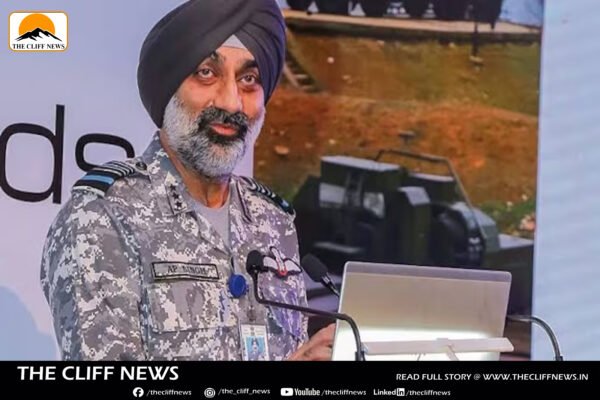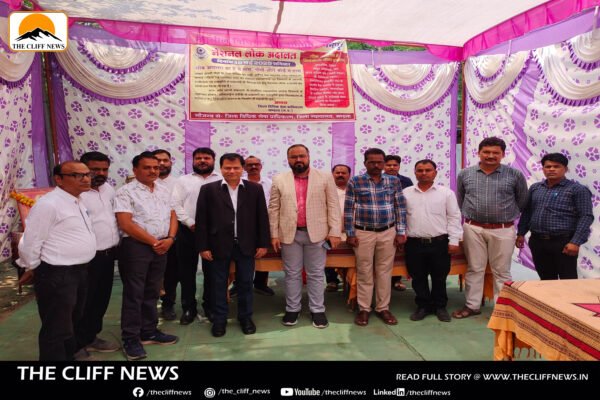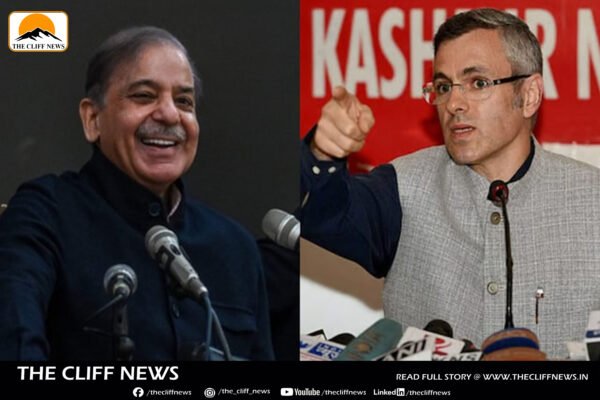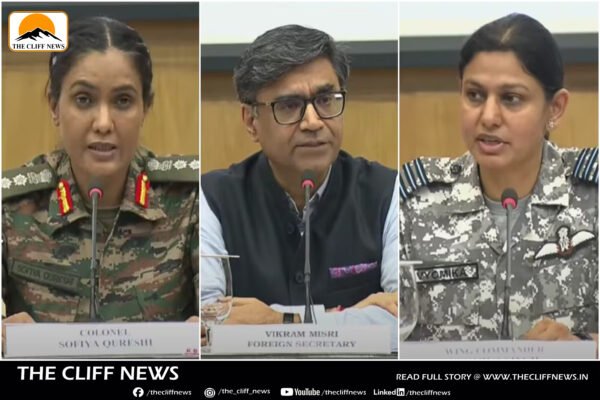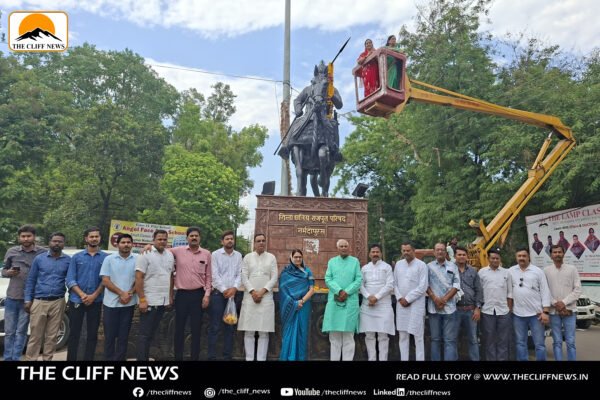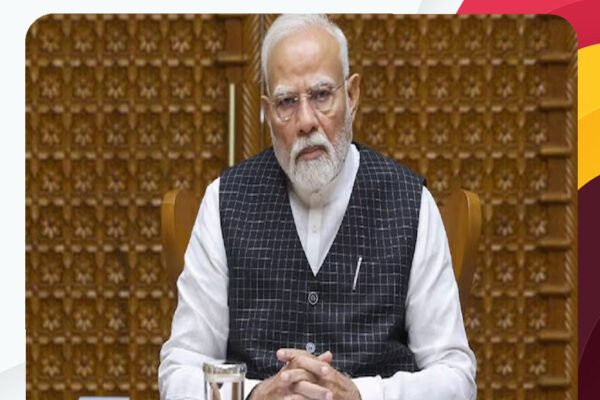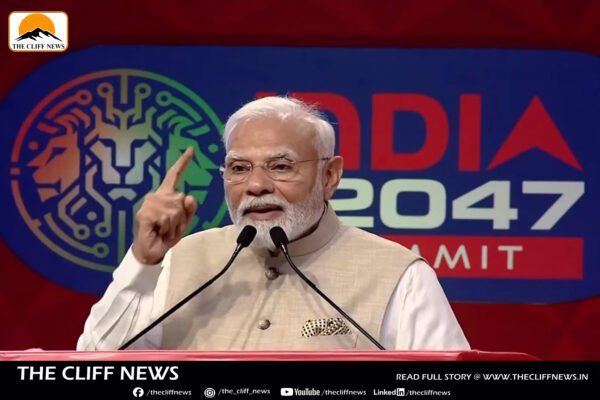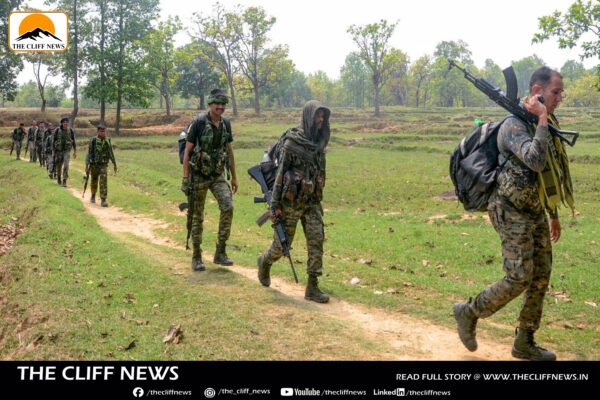Operation Sindoor: IAF’s Precision Counter-Offensive Continues Amid Fragile Ceasefire
The Indian Air Force (IAF) on Sunday confirmed that Operation Sindoor — its counter-offensive mission launched in response to the brutal attack by Pakistan-backed terrorists in Pahalgam — remains ongoing. This announcement came just a day after both India and Pakistan declared a ceasefire, which appears to have been short-lived. In an official statement posted on X (formerly Twitter), the IAF stated, “Since the operations are still ongoing, a detailed briefing will be conducted in due course. The IAF urges all to refrain from speculation and dissemination of unverified information.” The force also affirmed that it had “successfully executed its assigned tasks in Operation Sindoor with precision and professionalism,” and that the operations were “conducted in a deliberate and discreet manner, aligned with National Objectives.” The IAF’s declaration followed shortly after the United States claimed to have brokered a peace deal between the two nuclear-armed neighbors. However, the ceasefire seemed to have lasted only a few hours, as reports of heavy shelling by Pakistan resumed along the International Border in the Rajouri sector and parts of Srinagar. Officials confirmed that air defence systems were reactivated after multiple drone sightings in the region, leading to the downing of at least four drones near the Army headquarters. Multiple explosions were also reported in Srinagar and Baramulla on Saturday evening, prompting a reaction from Jammu and Kashmir’s former Chief Minister Omar Abdullah, who posted on social media, “What the hell just happened? Explosions heard across Srinagar!!!” Adding to the strategic impact, Uttar Pradesh Chief Minister Yogi Adityanath, in the presence of Union Defence Minister Rajnath Singh, confirmed the use of BrahMos supersonic cruise missiles in the IAF’s offensive. According to defence sources, India used precision air strikes to target nine terror camps located across Pakistan-occupied Kashmir and the Punjab province during the intervening nights of May 6 and 7, showcasing the IAF’s operational capabilities in the evolving conflict scenario.
